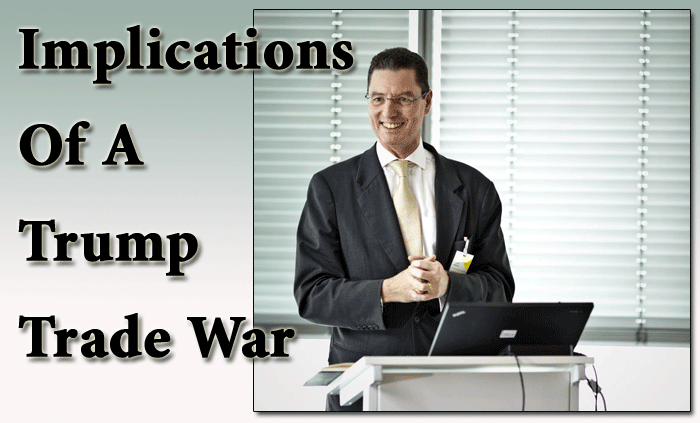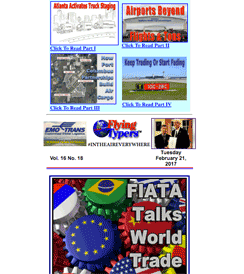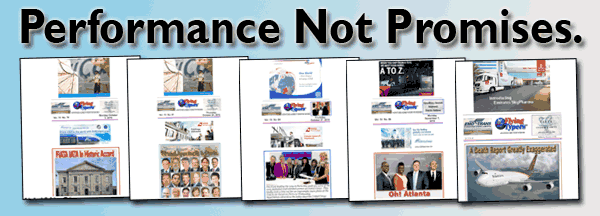 |
 |
 #INTHEAIREVERYWHERE |
| Vol. 16 No. 19 | Thursday
February 23, 2017 |
|
|
Wolfgang Lehmacher, Head of Supply Chain and Transport Industry at the World Economic Forum USA, told FlyingTypers that supply chain managers should hope for the best but prepare for the worst under the new Trump Administration. FlyingTypers: What is your take on how the Trump administration’s policies (as far as they have been communicated at this stage) will affect trade and transport demand? Wolfgang Lehmacher: So far, the cancelation of the Trans-Pacific Partnership (TPP) remains the only trade and supply chain-related measure of the new U.S. President. But a mooted 45 percent import tax on Chinese products is looming. FT: What would new import taxes on Chinese products mean for the U.S.? WL:
The U.S. is the world’s largest
importer—it’s a bit ahead
of China. If the U.S. administration
imposes high taxes on products imported
from China, businesses and consumers
would need to prepare for multiple
consequences. Prices of Chinese products
on the U.S. shelves would rise—taxes
are costs usually passed on to consumers.
Some products would vanish. Others
would deteriorate in quality as replacements
might not all meet the same standards.
FT: How likely is a trade war between the U.S. and China? WL:
Although the option cannot be ruled
out completely, I am not really anticipating
a trade war. The consequences in the
past have been too negative. FT: Where does increase protectionism from the U.S. leave businesses and consumers? WL:
Well, the U.S. is dependent on imports.
Electronic equipment ranks first,
with close to 15 percent of total
U.S. imports. In this category, mobile
phones make up one third, followed
by other electronic products such
as integrated circuits, TV receivers,
cables, and power units. WL: This disintegration and disaggregation of the U.S.-related supply and value chain would roll back the developments and advantages gained over the last decades and put manufacturers, and as a consequence, consumers, in particular U.S. consumers, at a model and price disadvantage. FT: How should transport providers prepare for these potential changes in demand? WL:
The logistics coverage and high performance
of transport networks in the U.S.
are able to provide the necessary
support for a potential economic restructuring,
apart from pilot and truck driver
shortages, which could hit the U.S.
market anyway at a certain point in
time. FT: Will people already be factoring this risk into future supply chain contingency plans, or should they be? WL:
At the end, we will need to see what
is actually going to happen. As Donald
Trump realizes (with the refugee and
visa ban) that campaign promises cannot
always be simply put in place, he
might reconsider his position on trade.
FT: Where does protectionist sentiment in the U.S. and the UK leave the rest of the world? WL:
The current level of risk presents
a great opportunity for European citizens
and politicians to remind themselves
of the values and basic idea of the
European Union: ease of the movement
of people, capital, goods, and labor
to help economic growth, quality of
life, and peace. |
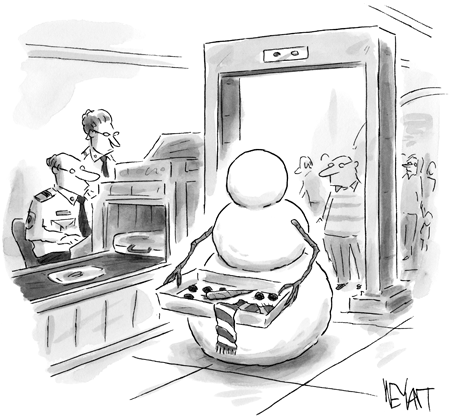 |
| This
video shows the possible surface of
TRAPPIST-1f, one of the newly discovered
planets in the TRAPPIST-1 system. |
 |
| Monday,
February 21, was President’s
Day in the United States. When
lilacs last in the dooryard bloom’d,
Geoffrey |
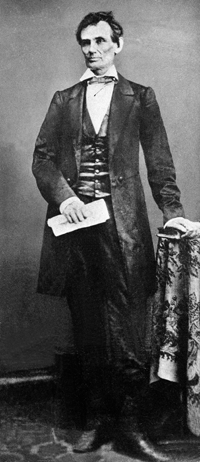 |
If
You Missed Any Of The Previous 3 Issues
Of FlyingTypers Access complete issue by clicking on issue icon or Access specific articles by clicking on article title |
||
 Vol.
16 No. 16 Vol.
16 No. 16Weekend On The Moon First Chuckles for February 13, 2017 Second Chuckles for February 13, 2017 American Is Everyone's Valentine Urge To Surge Bounceback 2017 Valentine's And Moonbeams |
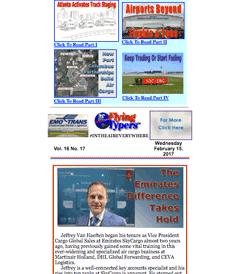 Vol.
16 No. 17 Vol.
16 No. 17The Emirates Difference Takes Hold Chuckles for February 15, 2017 The Trump Effect: India Walks Softly, Carries A Big Stick |
|
Publisher-Geoffrey
Arend • Managing Editor-Flossie Arend • Film Editor-Ralph Arend • Special Assignments-Sabiha Arend, Emily Arend • Advertising Sales-Judy Miller |
|


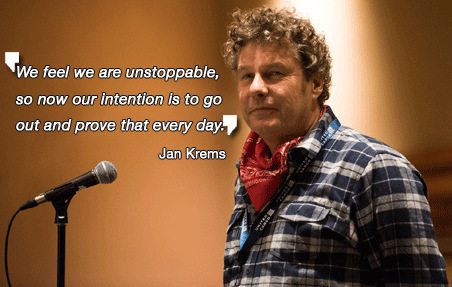 “Unstoppable”
United Cargo saddled up for the long
ride as more than 300 United Cargo
team members from 36 countries on
five continents came together recently
in sunny Houston for their annual
Worldwide Meeting.
“Unstoppable”
United Cargo saddled up for the long
ride as more than 300 United Cargo
team members from 36 countries on
five continents came together recently
in sunny Houston for their annual
Worldwide Meeting.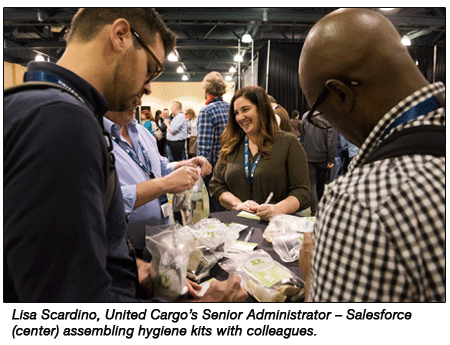 The
Charity Case
The
Charity Case 